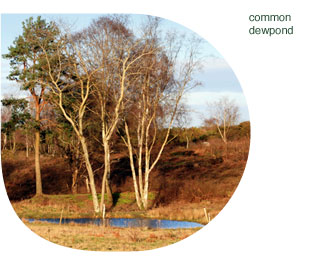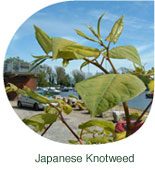

Conservation Management Consultants
Sensitive Land Management Solutions
PBA consulting provide environment sensitive land management solutions and prescriptions. They will help ensure the success of biodiversity action plans and contribute to the protection of endangered species and other species regarded as important to the ecology of an area.
What PBA do
PBA Consulting specialises in identifying key ecological priorities. We provide an integrated approach to managing conservation areas by finding the right balance. We always make the best use of local resources. And we specify appropriate conservation management, balancing biodiversity with necessary maintenance operations.
Our Conservation Management services
Management Plans – to ensure the protection of habitats and prevent any potentially damaging operations, detailed planning is required. PBA’s Conservation Management Plans focus on conservation objectives and consider protected species, habitats and biodiversity. We provide practical work programmes and supervision.
Nature Reserves – management of nature reserves can include grazing, hay cutting, hedge laying, coppicing, tree felling, planting, scrub and/or bracken control to maintain wildlife and contribute to the UK’s biodiversity. We carry out Conservation Assessments, produce Site Management Statements and prescriptions to maintain and improve bio-diversity.
SSSI and other areas afforded statutory protection –
management of protected sites can include: grazing, hay cutting, hedge laying, tree planting and scrub or bracken control. The Wildlife Enhancement Scheme applies to many of these protected areas, providing grants. We produce management prescriptions, obtain agency agreements for grant aid and ensure agreement with statutory bodies for any Potentially Damaging Operations (PDOs).

 Invasive Alien Species (weeds) –
Invasive Alien Species (weeds) –
the invasion of alien species can have damaging effects on native biodiversity. It can pose a direct threat to protected species or species of conservation concern as well as creating a nuisance on recreational land. Legislative controls apply to certain species to prevent spread. Japanese Knotweed, (Fallopia japonica) and Giant Hogweed (Heracleum mantegazzianum) Himalayan balsam (Impatiens glandulifera) fall under the Countryside and Wildlife Act (1981) and, when appropriate, the Environmental Protection Act (1990)
applies. Himalayan balsam (Impatiens glandulifera) also causes problems. We recommend the most appropriate practical control options, ensuring legislative obligations are met. We prepare detailed prescriptions with a strong emphasis on sustainability. We can also supervise control work.
We have prepared advice notes covering the most common Alien species. These can be downloaded for free from our Advice Notes page.
Watercourse Management – watercourses are an intrinsic part of formal landscapes, woodland and conservation areas. They include open and shaded water, brooks and streams. To maintain and improve biodiversity, management is essential. PBA Scoping Surveys assess the suitability and quality of habitats for protected and other species of conservation concern. The mix of land use and needs of wildlife require careful management to balance interests. Moreover, with the onset of climate change, there is a need to provide sustainable drainage (SUDS) through better watercourse management. PBA Consulting identify the right kind of watercourse management, balancing the need to preserve other interests with the promotion of biodiversity. We take a well-planned, practical approach to sustainable maintenance operations.
See how our Landscape Management service works in real life:
Conservation Case StudyFind out more about the services we provide:
Surveysback to top
PBA created a successful regeneration plan for a riverside location in Berkshire. It included the control of invasive weeds and the promotion of native species.
Read moreConservation management
Our integrated approach to landscape management results in clearly-defined practical strategies that are cost effective and result in minimal intervention during implementation and monitoring.
Read moreArboricultural management
Our consultants’ quantified approach to tree evaluation, supported by specialist investigation equipment, provides safe, sustainable solutions for the most challenging of treescapes.
Read more